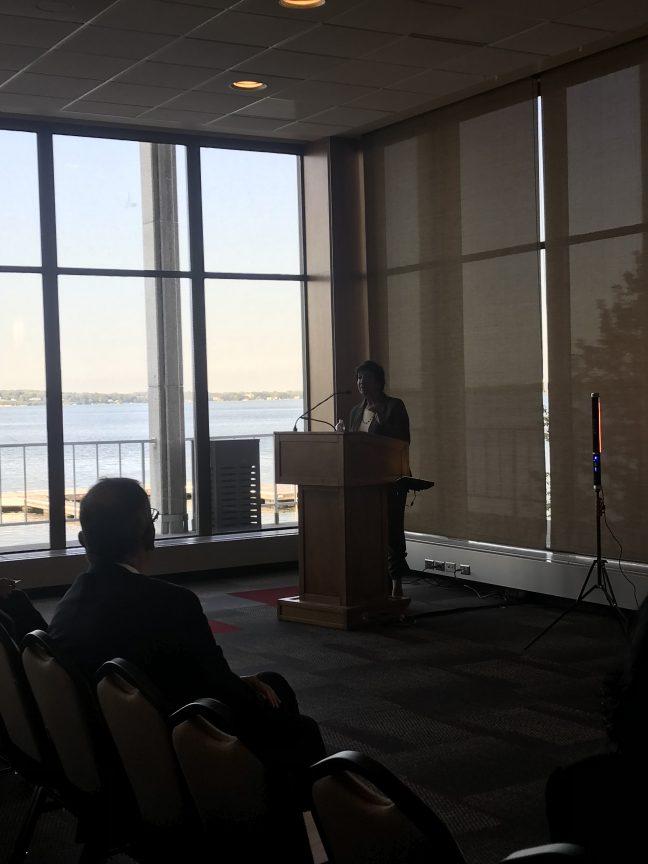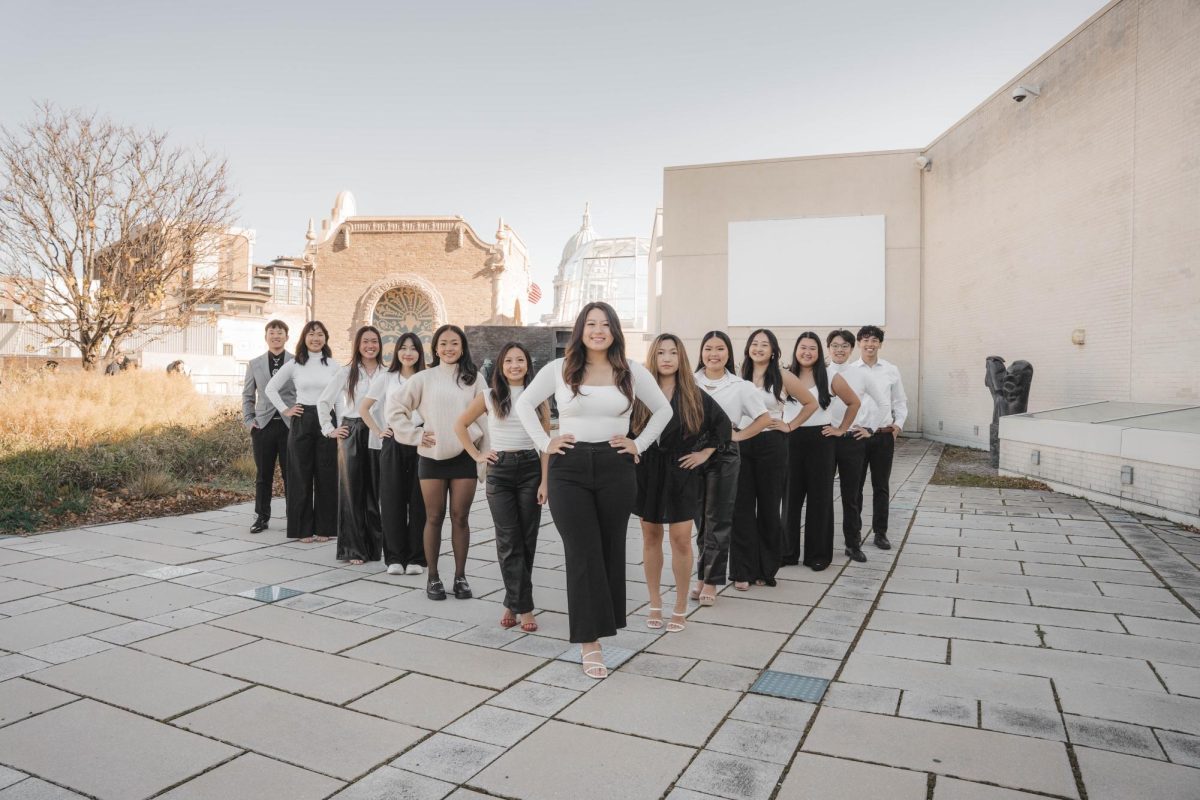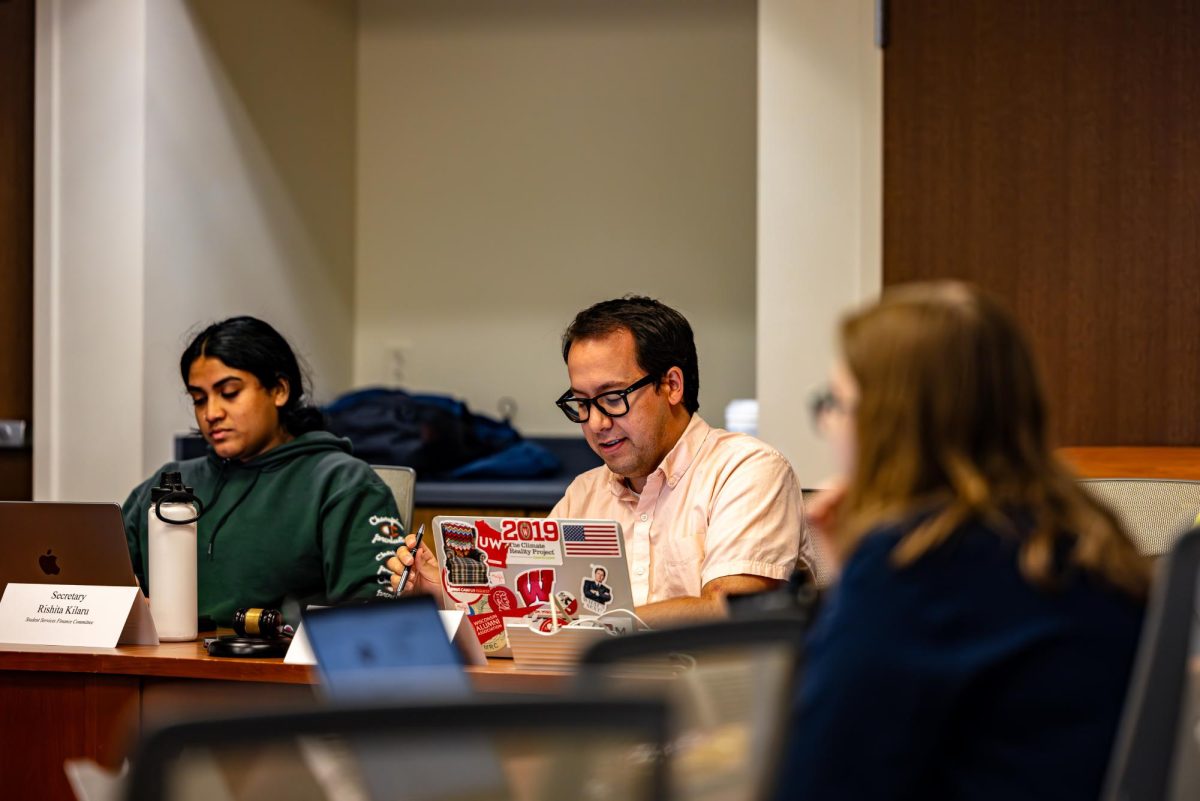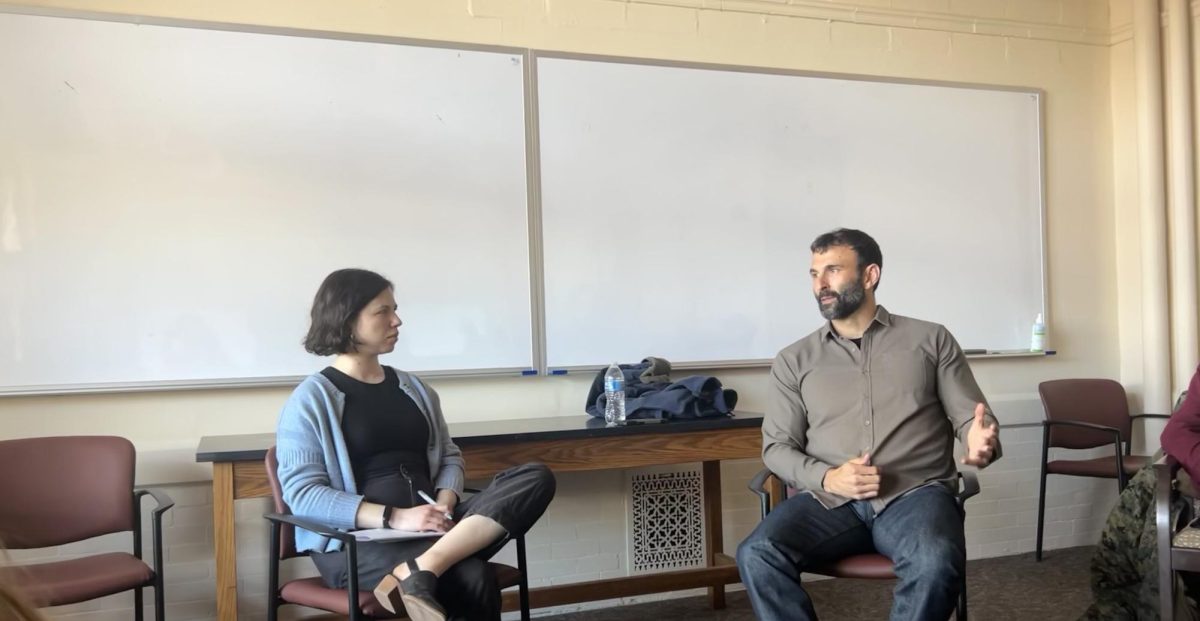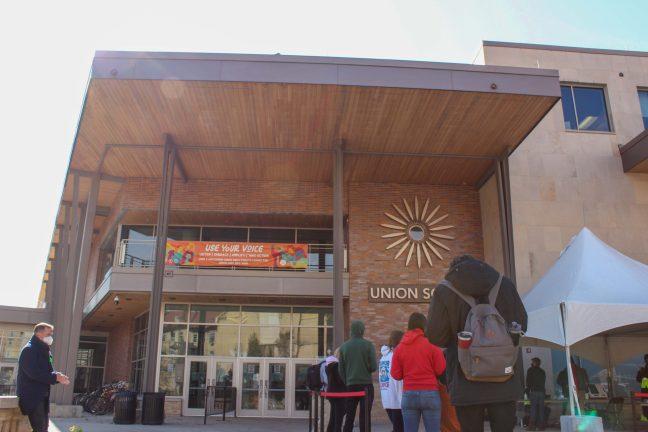University of Wisconsin’s Human Rights Program and International Division hosted a former United Nations High Commissioner for Human Rights Thursday to talk about her long history of fighting for human rights and how the world can continue to advocate for justice.
In the 24th annual Mildred Fish-Harnake Human Rights and Democracy Lecture – named after the UW student in the 1920s who assisted in the escape of German Jews during the Holocaust – Navanetham Pillay relived her past of growing up in South Africa and resisting apartheid.
Pillay grew up in South Africa during apartheid and, as the first woman to start a law practice in her home province of Natal, she defended anti-apartheid activists, exposed torture and helped establish key rights for prisoners. In 1995, after serving on the South African High Court, she was nominated by the UN General Assembly to be a judge on the International Criminal Tribunal for Rwanda in 1995. Eventually, after decades of championing human rights, she was approved by the UN General Assembly as the UN High Commissioner for Human Rights.
UW Health receives recognition for work promoting inclusive LGBTQ health care practices
Although she has been retired since 2014, Pillay said her retirement looks a lot different than most. She still serves for several human rights advocacy organizations, and although she says she is usually hesitant to accept lecture invitations that require 23 hour plane rides, she felt compelled to accept UW’s invitation.
Why? Pillay says the namesake of the lecture series and the story behind it hit close to home for her.
Pillay’s lecture discussed the current challenges facing the Universal Declaration of Human Rights, emphasizing the regression in recent years of the value and adherence to its rules.
Pillay referenced the Trump administration several times and called out several violations to the UDHR, such as the recent migration crisis that had families and children separated at borders, the travel ban and Trump’s stance on torture.
“What is striking now, and particularly over the past year or two, is increasing public anxiety that the heights we have reached on respect for international human rights law is now being challenged on several fronts,” Pillay said. “People are saying it’s the end times for human rights, and that the UDHR is viewed more in default than adherence … viewed as a tool in the hands of government to apply collectively against their foes, or a tool in the west to use against the developing south.”
WUD Distinguished Lecture Series hosts sociologist, poet Eve Ewing
Despite the negative incidents that have diminished Pillay’s hope for the future of human rights law, she said she is reassured by the effort of the young people that still advocate for human rights.
Pillay said today you can’t pick up a paper, turn on the radio or open a blog without hearing a human rights discussion.
“Social media and the internet are dramatically improving communication and information sharing, magnifying the voice of human rights defenders, shining a light and mobilizing support in many parts of the world,” Pillay said.
Pillay ended her lecture by encouraging young people to continue the fight for human rights.
What Pillay had to endure in South Africa during the 40s would be challenged by young girls today. This, she said, is reason to be hopeful.
“All of the girls in my family were entered forcibly into marriage,” Pillay said. “Would girls today put up with that? They won’t. Would children put up with being beaten at school? Yes, some countries still practice corporal punishment, but all of the gains we’ve made so far are not going to be lost because young people will carry that on.”








